If you are serious about transforming your body, whether that means building muscle or losing weight, you need to be serious about protein.
Your body needs a moderate amount of protein to maintain itself, but if you want to transform your body, you need a lot of protein.
One of the best ways to get the protein that you need daily is through protein powders, as they are a low-calorie and simple way to boost your intake.
But there are scores of different protein powders on the market, and they all offer slightly different benefits. Below, we have summarized the essential information that you need to know about each one.
How Much Protein Do You Need?
The recommended daily intake of protein for someone who wants to maintain their body as it is and remain healthy is 0.8 grams of protein per kilogram of bodyweight.
So, a 60kg woman needs to be eating just under 50 grams of protein per day, and an 80kg man around 65 grams of protein per day. You can get that from a couple of eggs with breakfast, a salad with lentils at lunch, and a small steak or a nice chicken breast at dinner.
However, if you want to transform your body, you need to be eating around 2.2 grams of protein per kilogram of lean body mass. Yes, this means that you feed the bones, organs, and muscles, but you don’t feed the fat.
So, our 60kg woman, if she has 25 percent body fat, needs to be eating 100 grams of protein per day. Our 80kg man, if he has 20 percent body fat, needs to be eating a whopping 140 grams of protein per day.
Suddenly, that is a lot of protein to be getting from your diet. You may feel like you need to spend the whole day eating, and you may need to significantly increase your calorie intake to fit in enough protein, which can undermine your results.
This is where protein powders come in.
What Are Protein Powders?
Protein powders are a concentrated source of protein made from high protein foods, generally dairy, eggs, and high protein vegetables. They are made in one of three different ways.
Protein powder concentrates are made by extracting the protein from whole foods using heat and acid or enzymes. The resulting powder will be 60 to 80 percent protein, and the remaining 20 to 40 percent of the powder is composed of fat and carbohydrates.
Protein isolates are similar, except that the powder is further filtered to remove more of the fat and carbs, making a might concentrate powder that is around 90 to 95 percent protein. This is the most po[ular form of protein powder.
Protein hydrolysates are a further modification on a standard protein powder, with further processing to break down the bonds between the amino acids so that the protein can be absorbed more quickly by the body.
The recommended dosage for most protein powders is 25 to 35 grams of the powder mixed with water, or milk (which of course increases the calories) to make a protein shake, downed twice a day. However, protein powders can also be added to other dishes. Some people mix them into soups, make them into protein balls, or mix them with flour to make breads higher protein.
But your average protein shake contains between 20 and 25 grams of protein and about 100 calories. So, two protein shakes a day can give you an extra 50 grams of protein while only adding 200 calories to your daily total.
When to Use Protein Powders
You can down a protein shake at any time of day, but some times are better than others, depending on the results that you are looking for.
If you are looking to lose weight, you can drink a protein shake as a low-calorie meal replacement. The protein should help you feel full, and make it easier to wait for your next meal.
It is also advisable to drink a protein shake directly after a workout. This is because in a window of about 15 to 60 minutes after a workout your body is in active muscle building and repair mode. For this it needs protein, so a fast-absorbing protein shake will give your body exactly what it is looking for at this critical time.
If you are planning a particularly hard workout, or you are training for a high-performance sport, it can a good idea to down your shake before your workout. The branched-chain amino acids in the protein go straight to your muscles and can give you a performance boost.
If you are trying to build muscle, it is also a good idea to drink a protein shake before bed. But unlike the fast-absorbing protein that you want before and after your workout, you will want a slow absorbing protein that takes your body four or five hours to process. This gives your body the fuel it needs while you are fasting (i.e. sleeping), stopping your body from breaking down your muscles for fuel.
The Different Types of Protein Powders and their Benefits
The protein powders that exist can be divided into two categories: animal-derived and plant-based.
The most common animal-derived protein powders are made from eggs and dairy, although you can get powders made from beef and other meats. These proteins are generally considered better because they are “complete proteins”. This means that they contain all of the nine essential branched-chain amino acids (BCAAs) that the body cannot produce itself and must obtain from food.
These include:
- Histidine – important to immune response, digestions, and sexual function
- Isoleucine – part of immune function and energy regulation
- Leucine – regulates blood sugar levels
- Lysine – support hormone and enzyme production
- Methionine – core to the metabolism and detoxification
- Phenylalanine – essential to the production of neurotransmitters
- Threonine – principal part of collagen and elastin
- Tryptophan – contributes to the regulation of appetite, sleep, and mood
- Valine – stimulates muscle growth and regeneration and supports energy production
Plant-based protein powders, suitable for vegans, are generally considered incomplete as they usually do not contain all of the nine amino acids. And if they do, they will contain some of them in very low quantities.
This doesn’t mean that vegans can’t get their full protein profile, but it does mean that they need to eat a variety of different plant-based protein in order to get all of the amino acids that they need.
Generally speaking, it is advisable to use a mix of different protein powders, rather than downing the same one twice a day for months on end. This is because variety is essential to any healthy diet.
Egg Protein
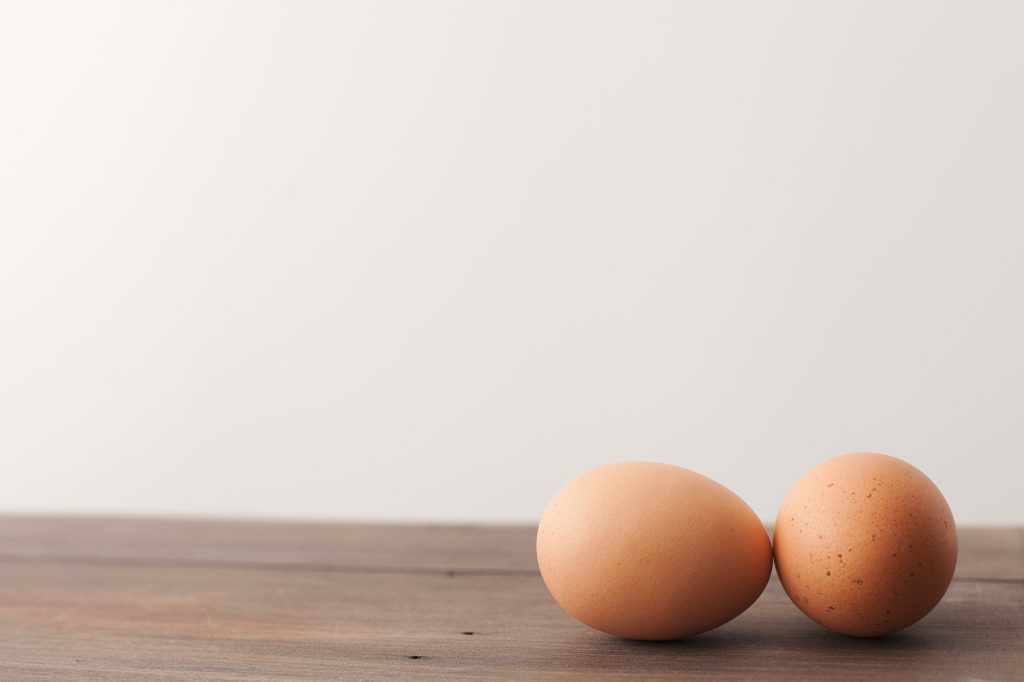
Eggs, as a whole food and as a protein powder, is one of the best forms of protein that exists.
It is a complete protein that is high in all of the essential BCAAs, and it is also one of the most digestible, so your body can access it when it needs it.
Eggs have also been shown to leave you feeling fuller for longer, which is excellent for anyone on a calorie-controlled diet to lose body fat.
However, egg protein powders are usually made from the egg white, the albumin, only, which means that they leave you feeling less full than eggs, but offer all the same great benefits.
The main issue with egg protein is that you might want to choose another source if you are already eating a lot of eggs as part of a protein-rich diet, just to maintain variety.
Average nutritional value of egg protein powders:
- 80 grams of protein per 100 grams
- 380 calories per 100 grams
- 0 grams of fat per 100 grams
- 3 grams of carbohydrates per 100 grams
You can find our recommendations for the best egg protein powders here.
Whey Protein
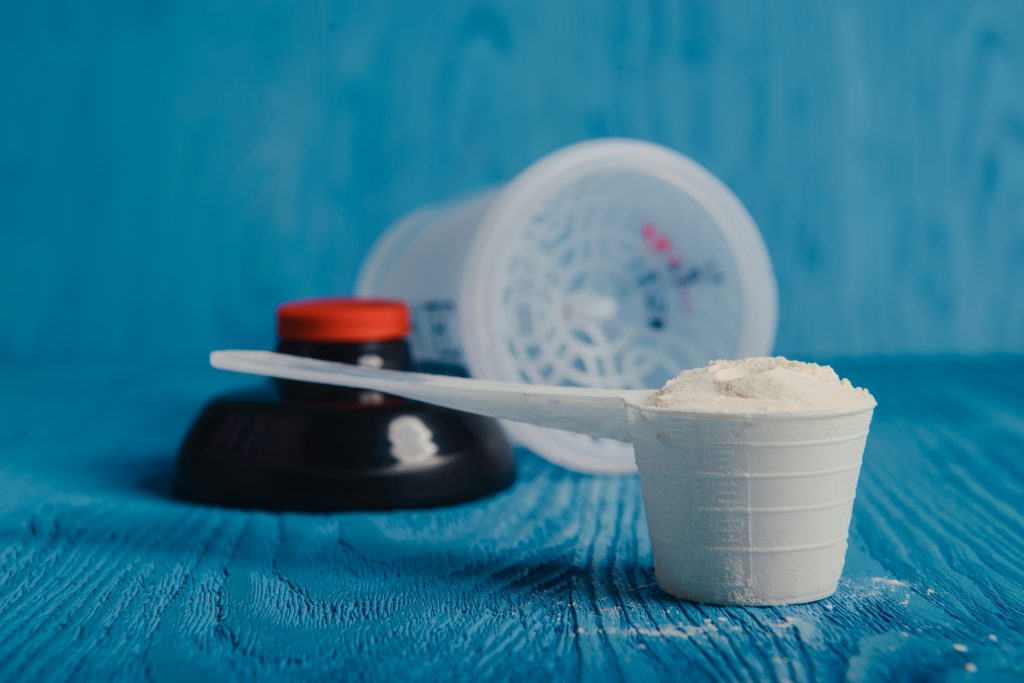
Whey protein is one of the two proteins made from milk. It is derived from the part of the milk that separates from the curds during the cheesemaking process.
While a lot of the lactose is removed as part of the process of making the powder, some of the lactose is retained, even in Whey isolate powders. Therefore whey can be challenging for anyone who suffers from lactose intolerance, as well as being unsuitable for vegans.
Whey is a fast-absorbing protein, which means that it is one of the best proteins to have directly before or after a workout.
Animal-derived, it is a complete protein, and is particularly rich in the BCAA leucine, which is one of the most important for muscle growth and recovery.
Average nutritional value of whey protein powders:
- 75 grams of protein per 100 grams
- 340 calories per 100 grams
- 1.5 grams of fat per 100 grams
- 6 grams of carbohydrates per 100 grams
You can find our recommendations for the best whey protein powders here.
Casein Protein
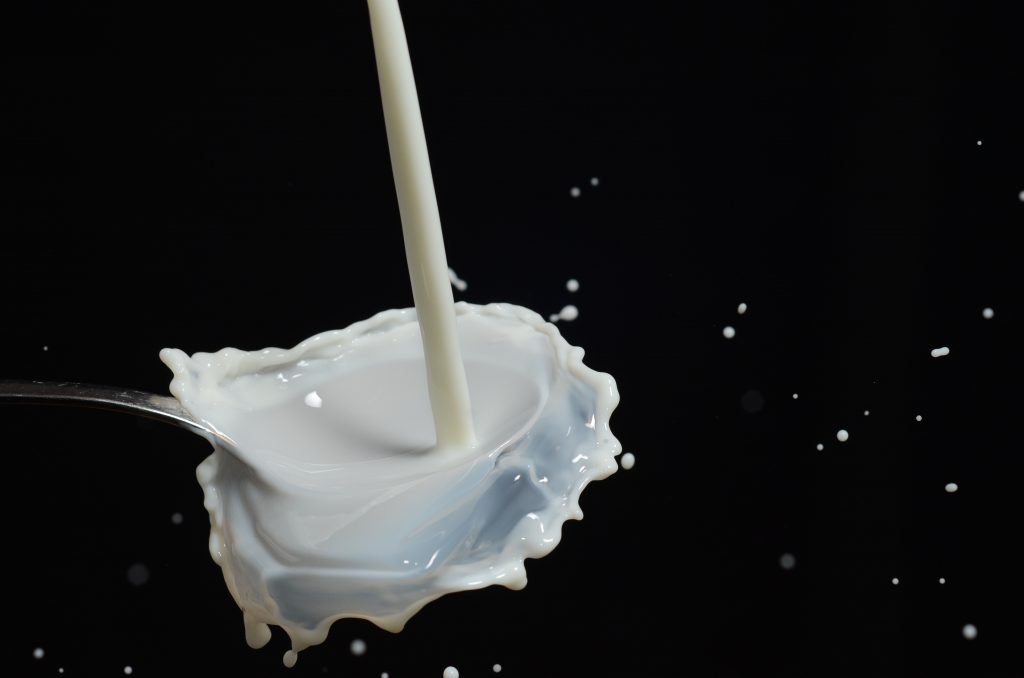
Casein is the other protein that is found in milk, but it comes from the liquid part of the milk.
In contrast to whey, casein is slow absorbing, and it can take four or five hours for your body to digest. This is because it forms a gel that interacts with the stomach, which slows down the stomach emptying process and delays the absorption of the amino acids into the bloodstream.
This makes casein one of the best proteins to use before sleeping, in order to prevent the body from breaking down hard-earned muscle for energy.
Average nutritional value of casein protein powders:
- 75 grams of protein per 100 grams
- 350 calories per 100 grams
- 1 gram of fat per 100 grams
- 10 grams of carbohydrates per 100 grams
You can find our recommendations for the best casein protein powders here.
Soy Protein
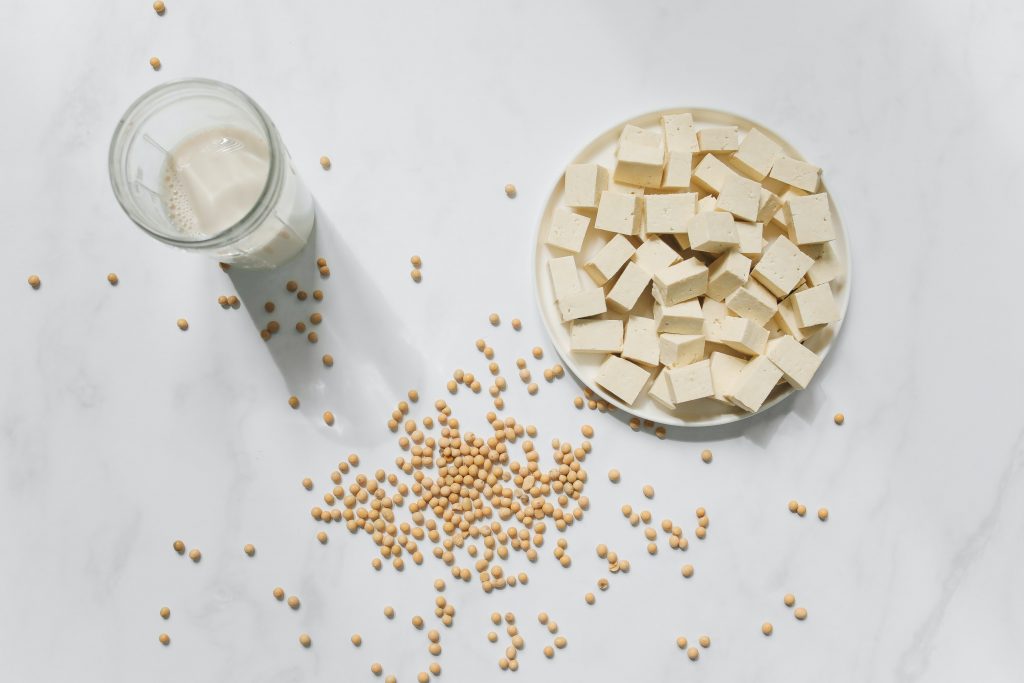
Soy is a popular meat alternative among vegetarians and vegans because it is rich in essential protein, so it is also a great basis for protein powders.
Unlike other vegan proteins, it contains all of the essential amino acids in good amounts, and so can legitimately be called a complete protein source.
However, soy protein has fallen out of favour in recent years due to some issues, which have been overblown and won’t affect most people who eat soy.
First, soy contains phytates, which is an antioxidant compound that can impair the absorption of important minerals such as iron, zinc, and calcium. However, this should only be problematic for people who suffer from a deficiency in any of these minerals.
Soy also contains phytoestrogens, which is an oestrogen-like protein that binds to oestrogen receptors in the body. For this region, some corners of the internet suggest that it can reduce testosterone levels in men, but there is no evidence to support this claim.
So, soy is still one of the best sources of protein for vegans.
Average nutritional value of soy protein powders.
- 82 grams of protein per 100 grams
- 340 calories per 100 grams
- 3.6 grams of fat per 100 grams
- 7.2 grams of carbohydrates per 100 grams
You can find our recommendations for the best soy protein powders here.
Hemp Protein
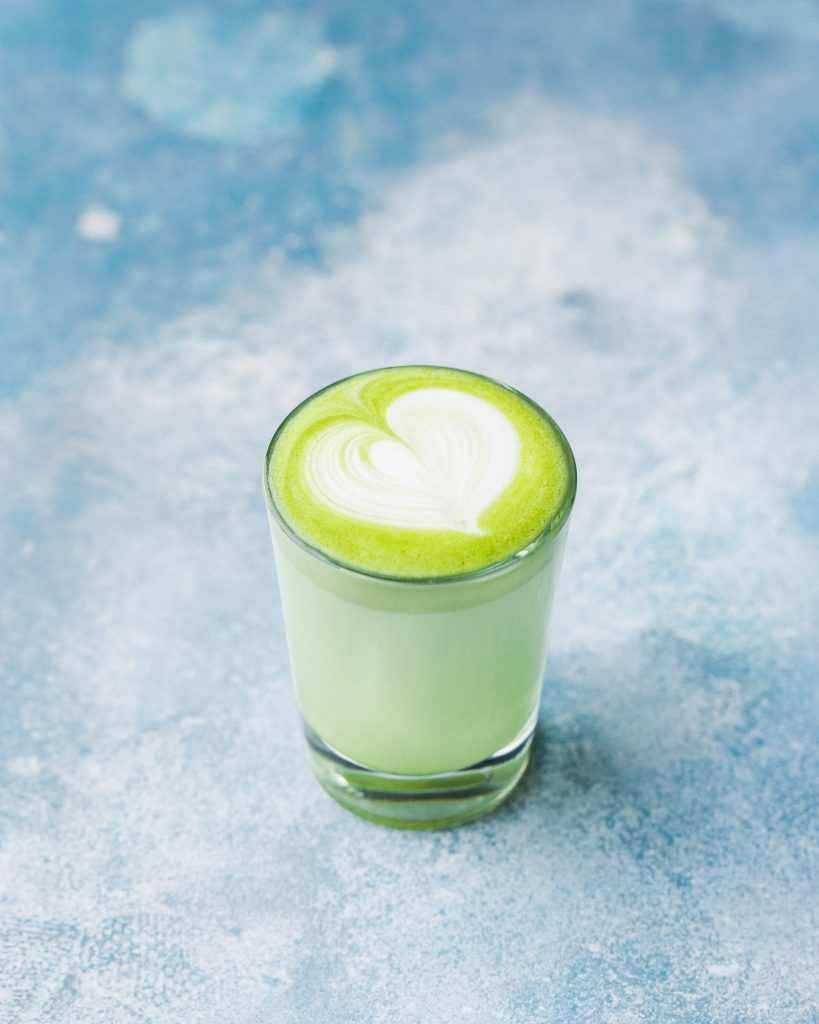
Hemp has come to be known as a miracle plant, that can be used to cure all ills. Hemp protein powders are not made from the same part of the plant as marijuana and only contains trace amounts of the psychoactive THC.
Nevertheless, hemp is a highly beneficial protein powder, which contains all of the essential amino acids, but is not considered complete because it contains lysine and leucine in very low quantities.
It is also rich in omega-3 fatty acids, which are believed to provide a range of health benefits including reducing blood pressure, reducing cholesterol, and limiting the development of plaque in the arteries.
Like casein, hemp is a slow-digesting protein so it can be used to prevent muscle degeneration and reduce hunger before long periods of fasting.
Average nutritional value of hemp protein powders.
- 50 grams of protein per 100 grams
- 380 calories per 100 grams
- 12 grams of fat per 100 grams
- 36 grams of carbohydrates per 100 grams
You can find our recommendations for the best hemp protein powders here.
Brown Rice Protein
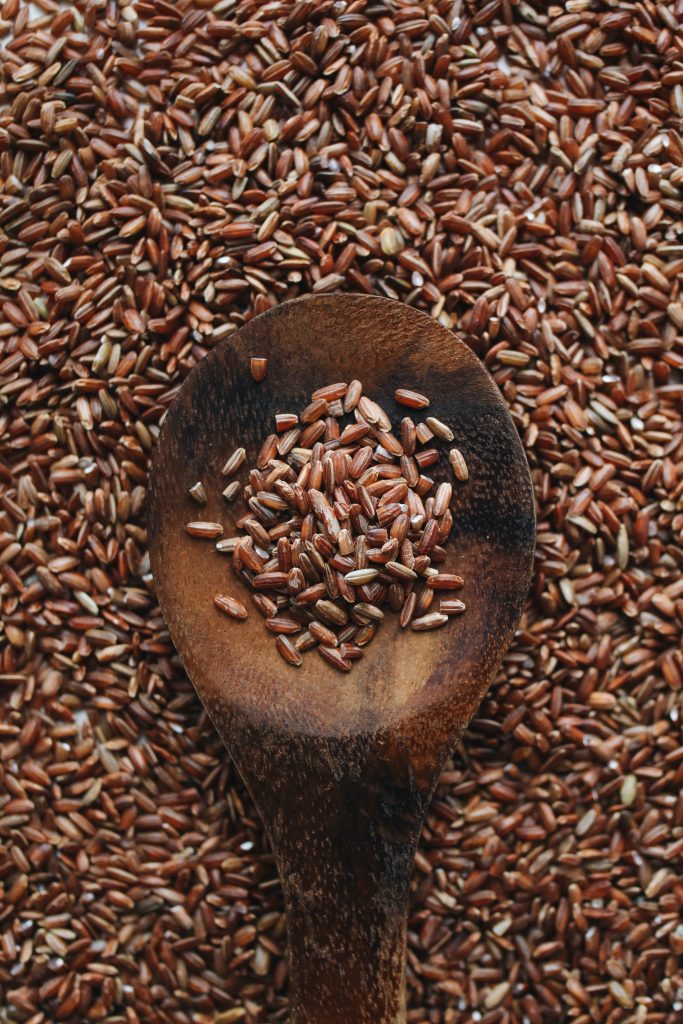
Brown rice protein is another plant-based protein that contains all of the essential amino acids, but is low in lysine, so is not considered a complete protein.
While brown rice protein is considered inferior to a lot of the other proteins, it is a great choice for anyone who finds their digestion upset by a lot of protein. This is because it is high in fibre, and low in fermentable carbohydrates, that are one of the main causes of stomach upsets.
Consuming lots of protein may also make people moody – the research is still new – but brown rice protein may offset this as well with its high levels of vitamins B6 and B12, both of which are essential for managing energy levels and mood.
Average nutritional value of brown rice protein powders.
- 80 grams of protein per 100 grams
- 360 calories per 100 grams
- 4 grams of fat per 100 grams
- 4 grams of carbohydrates per 100 grams
You can find our recommendations for the best brown rice protein powders here.
Pea Protein

Pea protein powder, made from yellow split peas, is one of the most popular options among vegans as it contains all but one of the essential amino acids.
This is another slow-absorbing protein, that is slower than whey but faster than casein, but also triggers a lot of “fullness” hormones, which makes it a great choice for anyone trying to lose weight.
Average nutritional value of pea protein powders.
- 80 grams of protein per 100 grams
- 390 calories per 100 grams
- 7 grams of fat per 100 grams
- 5 grams of carbohydrates per 100 grams
You can find our recommendations for the best pea protein powders here.
Pumpkin Protein
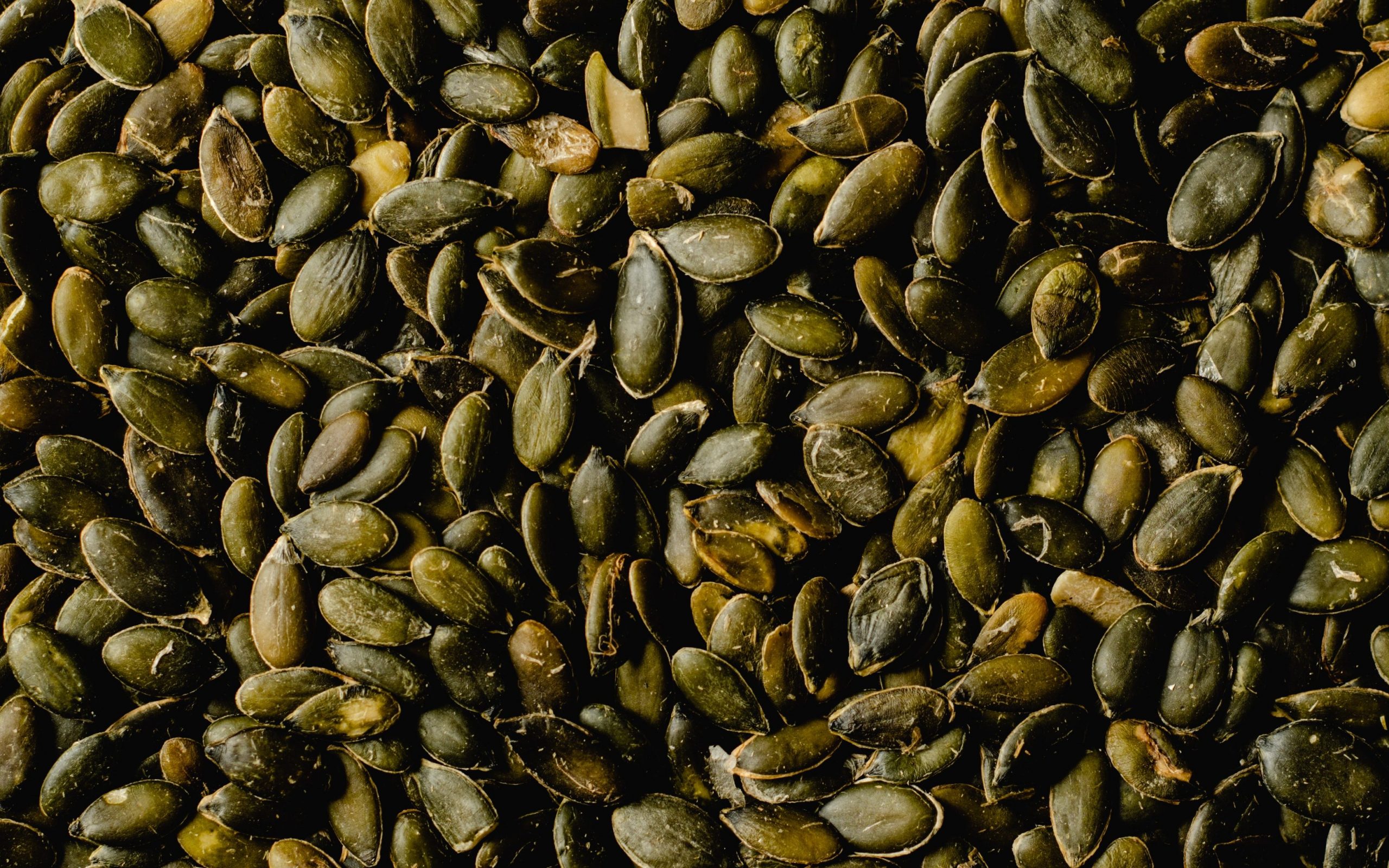
Pumpkin protein powder is made from pumpkin seeds – so no, eating a lot of pumpkin pie will not boost your protein intake.
Pumpkin protein powders are low in the essential amino acids threonine and lysine, which is why it is not considered a complete protein, but is a valuable addition to a diet based on mixed plant proteins.
Pumpkin protein is another slow-release protein, great for eating before bed and as a meal replacement when you want to feel full. It also contains good quantities of magnesium, zinc, and iron, which many people are deficient in, especially women.
Average nutritional value of pumpkin protein powders.
- 60 grams of protein per 100 grams
- 330 calories per 100 grams
- 8 grams of fat per 100 grams
- 10 grams of carbohydrates per 100 grams
You can find our recommendations for the best pumpkin protein powders here.
The Verdict
If you want to transform your body in some way, either building muscle or losing weight, getting enough protein is an essential piece of the puzzle. But “enough” protein can be 100 to 150 grams each day. It is hard to source that much protein, especially without sending your calorie intake through the roof.
This is where protein powders come in, they are a convenient and low-calorie way to give you a protein boost. The average serving of 25 to 35 grams will contain 20 to 25 grams of protein and only about 100 calories. So, if you have the recommended two servings a day, you’ve added 50 grams of protein at a cost of only 200 calories.
There are a huge variety of different protein powders out there, derived from whole foods that are rich in protein such as eggs, milk, soy, and peas – so yes there are options for vegans as well.
Which one is best for you depends on what you want to achieve. Some are great for building muscle and quick recovery after a workout, while others make great meal replacements and leave you feeling full until your next meal.
Your best approach is to mix a variety of different protein powders, choosing fast or slow-release proteins depending on the time of day, and mix it up to keep your diet varied.
References

